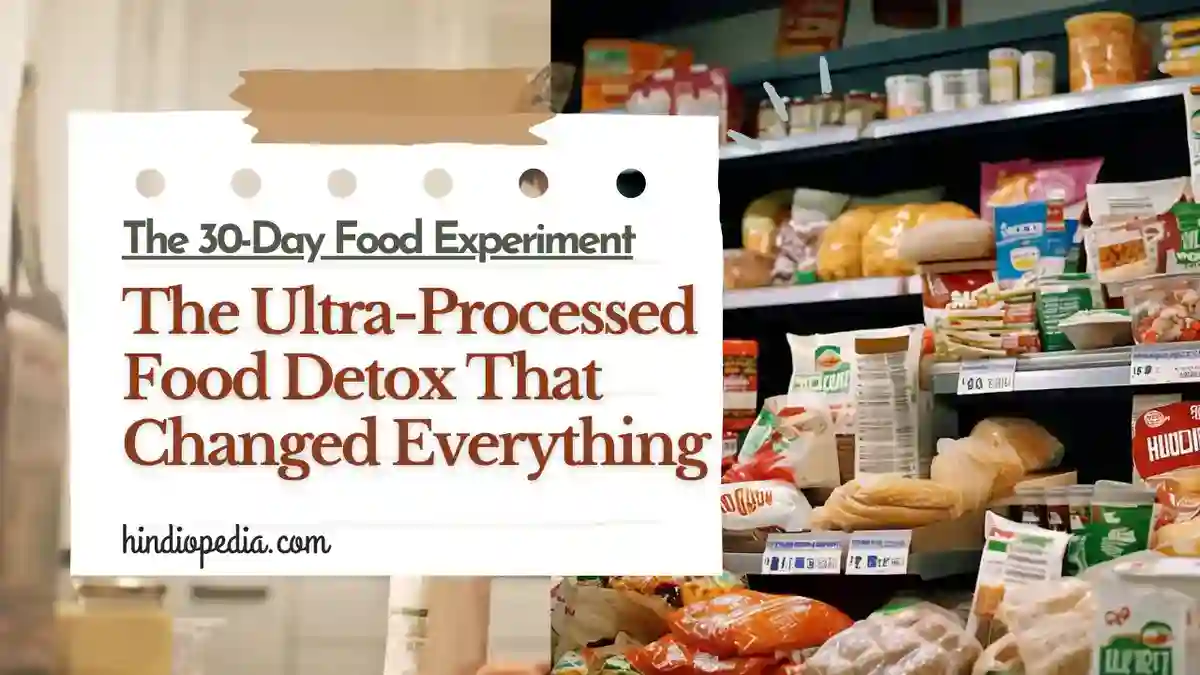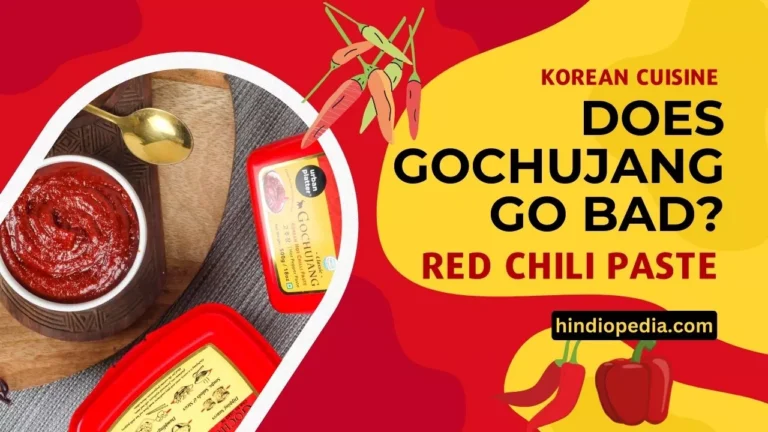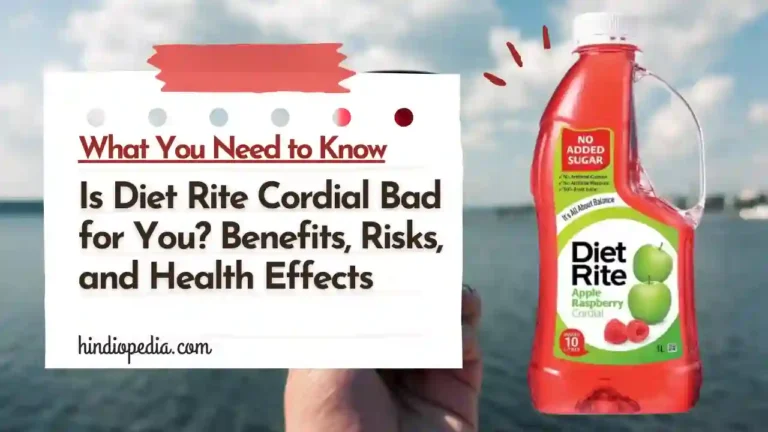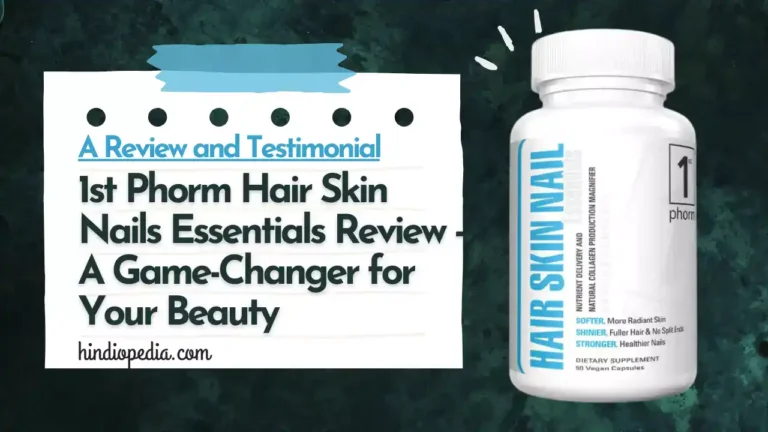The Ultra Processed Food Experiment: I Quit for 30 Days and This Happened
Have you ever wondered about the impact of ultra-processed foods on your health? I did. So I decided to cut them out completely for a month. The results were eye-opening. Let’s explore what happened during my 30-day experiment.
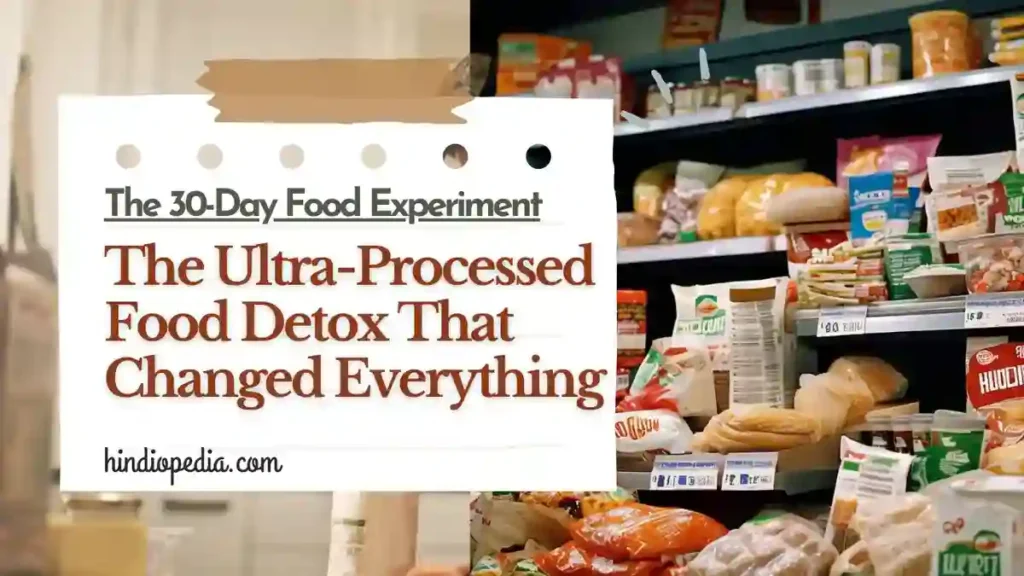
What Are Ultra-Processed Foods?
Ultra-processed foods are industrial formulations. They often contain five or more ingredients. These ingredients are not typically used in home cooking. They include additives, preservatives, and artificial colors. Examples include:
- Soft drinks
- Packaged snacks
- Instant noodles
- Many breakfast cereals
- Fast food items
According to a study published in BMJ, ultra-processed foods make up a significant portion of many diets. In some countries, they account for over 50% of total calorie intake.
Why I Decided to Quit
The decision wasn’t easy. Ultra-processed foods are convenient. They’re often tasty. But research links them to various health issues. These include:
- Obesity
- Type 2 diabetes
- Cardiovascular disease
- Some cancers
A study in Cell Metabolism found that people eating ultra-processed foods consumed more calories. They also gained more weight compared to those eating unprocessed foods.
Preparing for the Challenge
Before starting, I made a plan. I researched alternatives. I stocked up on whole foods. I prepared mentally for cravings. Here’s a simple table of what I removed and added to my diet:
| Removed | Added |
|---|---|
| Packaged snacks | Fresh fruits and vegetables |
| Soft drinks | Water, unsweetened tea |
| Fast food | Home-cooked meals |
| Instant meals | Whole grains, lean proteins |
The First Week: Challenges and Surprises
The first few days were tough. I craved my usual snacks. Meal prep took longer. But I noticed some positive changes too:
- My energy levels stabilized
- I felt less bloated
- My skin looked clearer
Week Two: Adapting to New Habits
By the second week, things got easier. I developed new routines. Cooking became more enjoyable. I discovered new recipes. My taste buds seemed to change. Whole foods tasted better.
Midpoint Check: Physical Changes
At the 15-day mark, I noticed more changes:
- I’d lost some weight without trying
- My sleep improved
- I had fewer headaches
Week Three: Social Challenges
Social situations became tricky. Eating out was harder. I had to plan ahead. But I found ways to adapt:
- I suggested restaurants with whole-food options
- I brought my own snacks to gatherings
- I educated friends about my experiment
This period highlighted how prevalent ultra-processed foods are in social settings.
The Final Week: Reflecting on Changes
In the last week, I felt great. My energy was consistent. My mood had improved. I even enjoyed cooking. Here’s a brief overview of the changes I experienced:
| Aspect | Before | After |
|---|---|---|
| Energy | Fluctuating | Stable |
| Sleep | Restless | Improved |
| Weight | Stable | Slight decrease |
| Skin | Occasional breakouts | Clearer |
| Mood | Variable | More balanced |
The Aftermath: What I Learned
This experiment taught me a lot. Ultra-processed foods had a bigger impact on my health than I realized. Here are my key takeaways:
- Whole foods can be delicious
- Cooking skills improve with practice
- Reading labels is crucial
- Planning ahead helps avoid temptations
- Small changes can lead to significant health benefits
The Science Behind the Changes
My experience isn’t unique. Scientific research supports many of the changes I observed:
- Weight Loss: A study in Cell Metabolism found that people on ultra-processed diets consumed about 500 more calories per day.
- Improved Mood: Research in Public Health Nutrition linked ultra-processed food consumption to depression.
- Better Sleep: A study in the Journal of the Academy of Nutrition and Dietetics associated a high intake of ultra-processed foods with poor sleep quality.
- Clearer Skin: While more research is needed, some studies suggest a link between diet and skin health.
- Stable Energy: Ultra-processed foods often cause rapid blood sugar spikes and crashes, affecting energy levels.
Long-Term Impact
After the 30 days, I didn’t go back to my old habits entirely. I maintained some changes:
- I cook more often
- I read food labels carefully
- I choose whole foods when possible
- I limit ultra-processed foods to occasional treats
Tips for Reducing Ultra-Processed Foods
If you’re inspired to reduce your intake of ultra-processed foods, here are some tips:
- Start small. Replace one ultra-processed item at a time.
- Learn to read food labels.
- Plan your meals in advance.
- Cook more at home.
- Choose whole foods when shopping.
- Be prepared with healthy snacks.
Remember, it’s about progress, not perfection.
The Bottom Line
Quitting ultra-processed foods for 30 days was challenging but rewarding. It led to noticeable improvements in my health and well-being. While completely eliminating these foods might not be realistic for everyone, reducing intake can have significant benefits.
This experiment opened my eyes to the impact of food choices on overall health. It encouraged me to be more mindful about what I eat. If you’re curious about how ultra-processed foods affect you, consider trying your own experiment. Even small changes can make a big difference.
Remember, everyone’s body is different. What worked for me might not work exactly the same for you. Always consult with a healthcare professional before making significant changes to your diet.
References
[1] Monteiro, C. A., et al. (2018). BMJ, 360, k322.
[2] Hall, K. D., et al. (2019). Cell Metabolism, 30(1), 67-77.
[3] Zinöcker, M. K., & Lindseth, I. A. (2018). Nutrients, 10(8), 1044.
[4] Zobel, E. H., et al. (2020). Frontiers in Nutrition, 7, 589741.
[5] Elizabeth, L., et al. (2020). Nutrients, 12(7), 1955.
[6] Adjibade, M., et al. (2019). Nutritional Neuroscience, 22(2), 108-118.
[7] Gómez-Donoso, C., et al. (2020). Public Health Nutrition, 23(8), 1358-1368.
[8] Campanini, M. Z., et al. (2017). Journal of the Academy of Nutrition and Dietetics, 117(11), 1765-1775.
[9] Kucharska, A., et al. (2016). Advances in Dermatology and Allergology, 33(2), 81-86.
[10] Ludwig, D. S. (2002). JAMA, 287(18), 2414-2423.
[11] Rico-Campà, A., et al. (2019). BMJ, 365, l1949.

